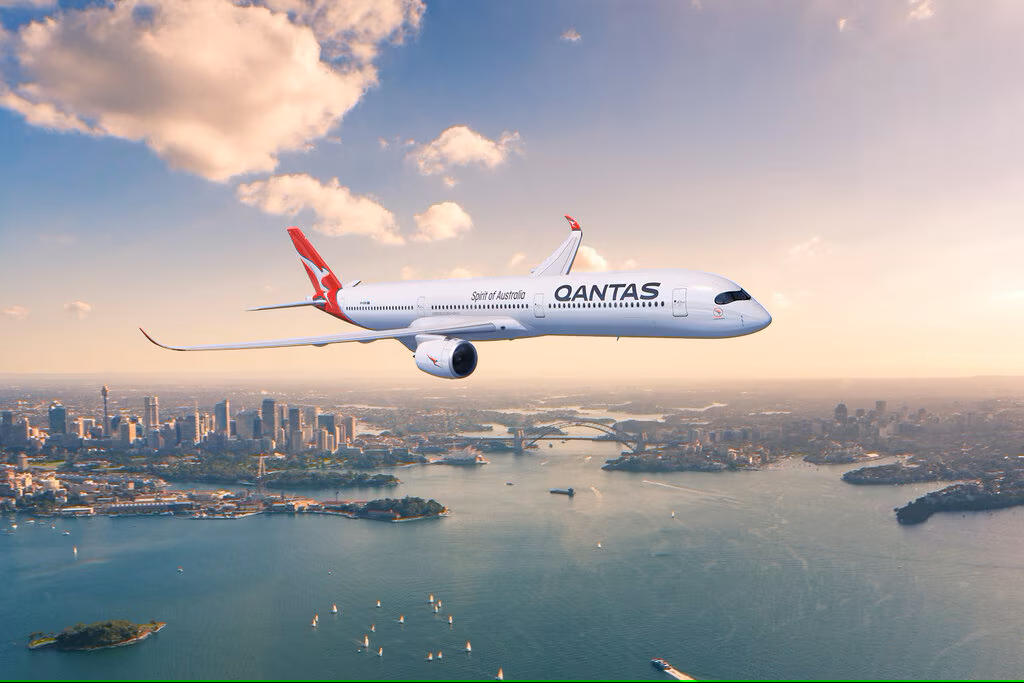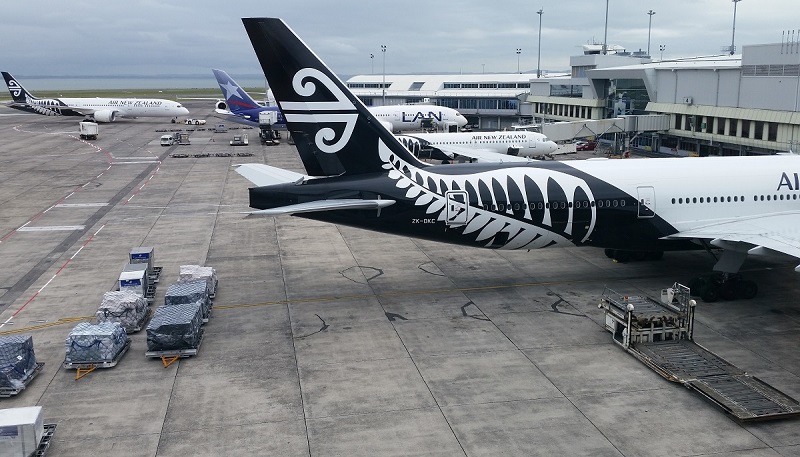New Zealand will follow Australia and abolish “bothersome” departure cards from November in a move pitched as bringing seamless travel between the close neighbors one step closer.
Immigration Minister Iain Lees-Galloway and Customs Minister Meka Whaitiri announced the document’s demise Sunday but have yet to announce an exact date.
The removal is in line with an international trend as countries rely on more sophisticated records to track traveler identity information. Australia axed its onerous green departure cards in July last year.
READ: Australia axes painful outgoing passenger card.
The New Zealanders estimate it will save departing travelers 100,000 hours as they complete more than 6.5 million cards a year.
“The removal of departure cards will align with international best practice,’’ Less-Galloway said in the announcement.
“Few other countries have departure cards with the level of detail required by the New Zealand one.
“This also brings us closer to seamless travel between Australia and New Zealand for the benefit of Trans-Tasman travelers and businesses.
“Travellers will be able to travel departure card-free on both sides of the Tasman.”
Whaitiri said information captured by the departure cards was now mainly used for statistical purposes.
“Stats NZ has developed an alternative way to produce migration and tourism statistics, based on actual movements rather than passengers’ stated intentions on the departure cards,” she said.
Airlines and tourism authorities have been lobbying for years for easier access between Australia and New Zealand.
A report compiled for the Tourism & Transport Forum released in 2017 estimated that using biometrics and US-style passenger pre-clearance on flights between Australia and New Zealand could slash travel time for almost seven million passengers by at least an hour.
The report by international consultancy Airbiz Aviation Strategies argued that allowing passengers undergo immigration clearance at the departure point passenger would reap benefits for airlines, airports and border protection agencies.
It would slash the number of people standing in international arrival queues, boost security and reduce the pressure on airports, it said.
























